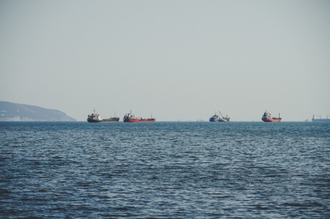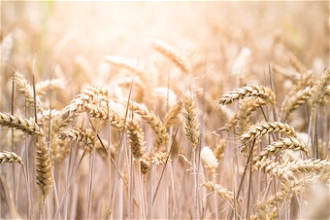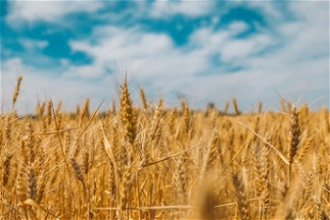Christian Aid warns Russia pulling out of grain deal is a body blow

Photo by Pavel Neznanov on Unsplash
Russia announced on Monday that it plans to pull out of a deal allowing Ukraine to export grain via the Black Sea. Brokered by the United Nations and Turkey last July, the agreement aimed to alleviate a global food crisis by allowing Ukrainian grain blocked by the Russia-Ukraine conflict to be exported safely.
Russia's unilateral decision to pull out of the Black Sea grain deal once again puts millions at risk from rising food prices and exposes the fragility of the world's food system Christian Aid, said today.
The charity's Humanitarian and Hunger Policy Adviser, Lydia Mbogoro, said: "Russia pulling out of the grain deal is a body blow to Ukraine's grain exports. If a full-scale invasion of Ukraine wasn't enough, preventing ships reaching places like Africa and the Mediterranean will put countless more innocent people at risk .
"While food prices have come down from their peak, more countries are still falling further into hunger due to insecurity, climate change and the rising cost of living. The loss of millions of tonnes of these key staples from the Black Sea will further push countries closer to famine, especially countries such as South Sudan where almost two-thirds of the population are food insecure."
The UN deal brokered by Turkey between Russia and Ukraine was due to expire today (Monday 17 July). It was originally agreed five months after the full-scale invasion and has previously been extended.I
n a statement, UN Secretary General, António Guterres said: "I deeply regret the decision by the Russian Federation to terminate the implementation of the Black Sea Initiative - including the withdrawal of Russian security guarantees for navigation in the north-western part of the Black Sea.
"This Initiative has ensured the safe passage of over 32million metric tons of food commodities from Ukrainian ports.
The statement added that the Black Sea Initiative, together with the Memorandum of Understanding on facilitating exports of Russian food products and fertilisers, have been essential for global food security.
"At a time when the production and availability of food is being disrupted by conflict, climate change, energy prices and more, these agreements have helped to reduce food prices by over 23% since March last year.
"Hundreds of millions of people face hunger and consumers are confronting a global cost-of-living crisis. They will pay the price."


















